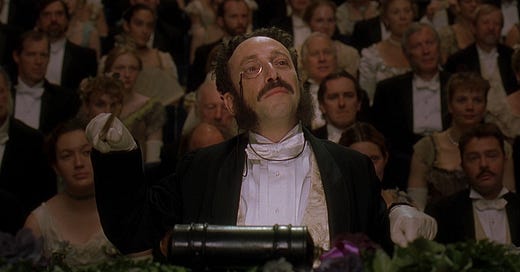Lots has happened since the last Restorative Romance! Namely, I went to Birmingham, UK to present my Newgate research at IASPR 2023. It feels like a good milestone for this newsletter, which was in part borne out of a need to practice and document my background research for that project. I plan to return to Newgate soon after a mini-break from thinking …
Keep reading with a 7-day free trial
Subscribe to restorative romance to keep reading this post and get 7 days of free access to the full post archives.



